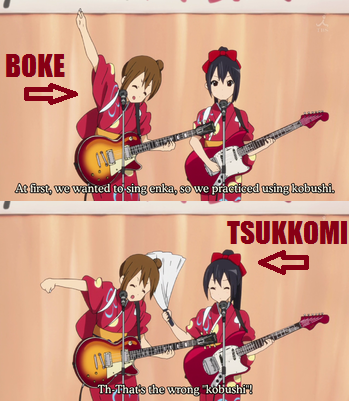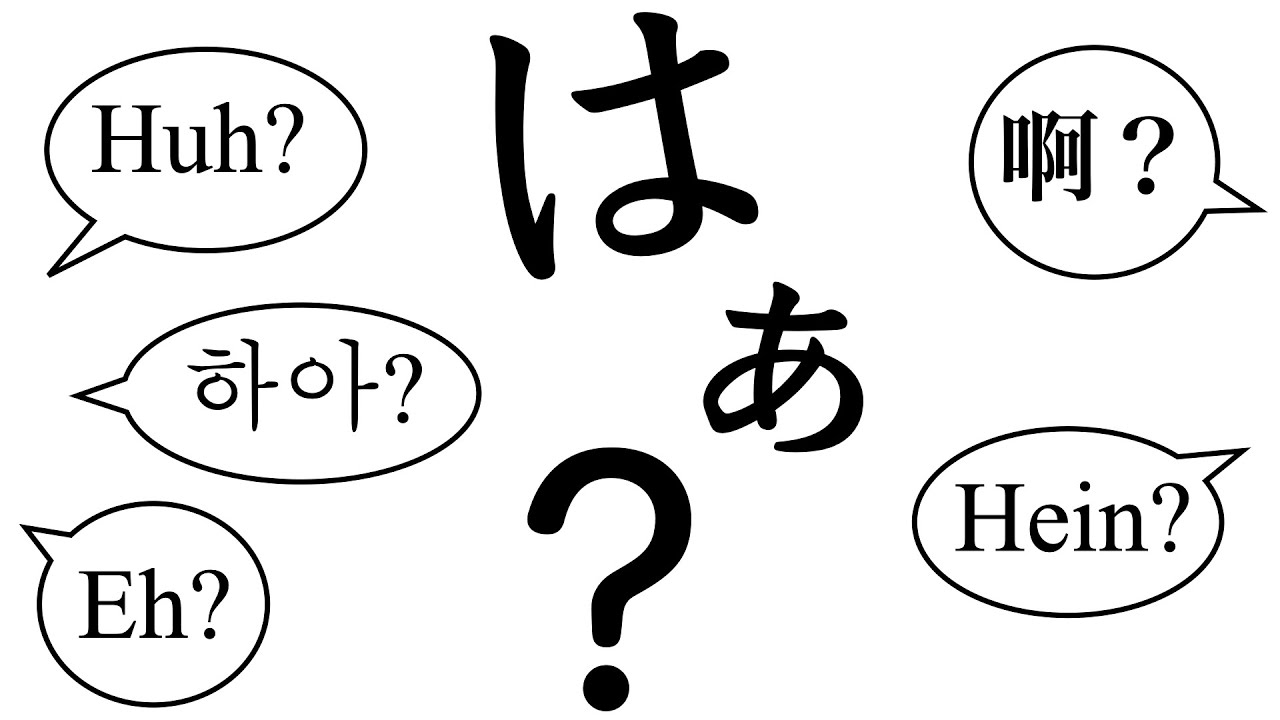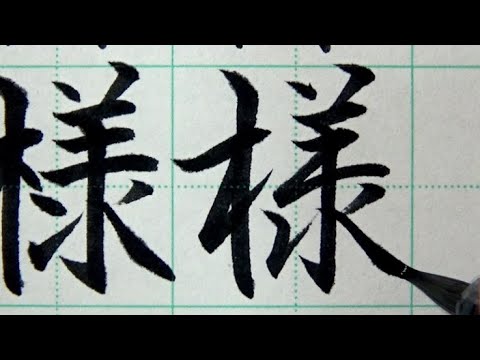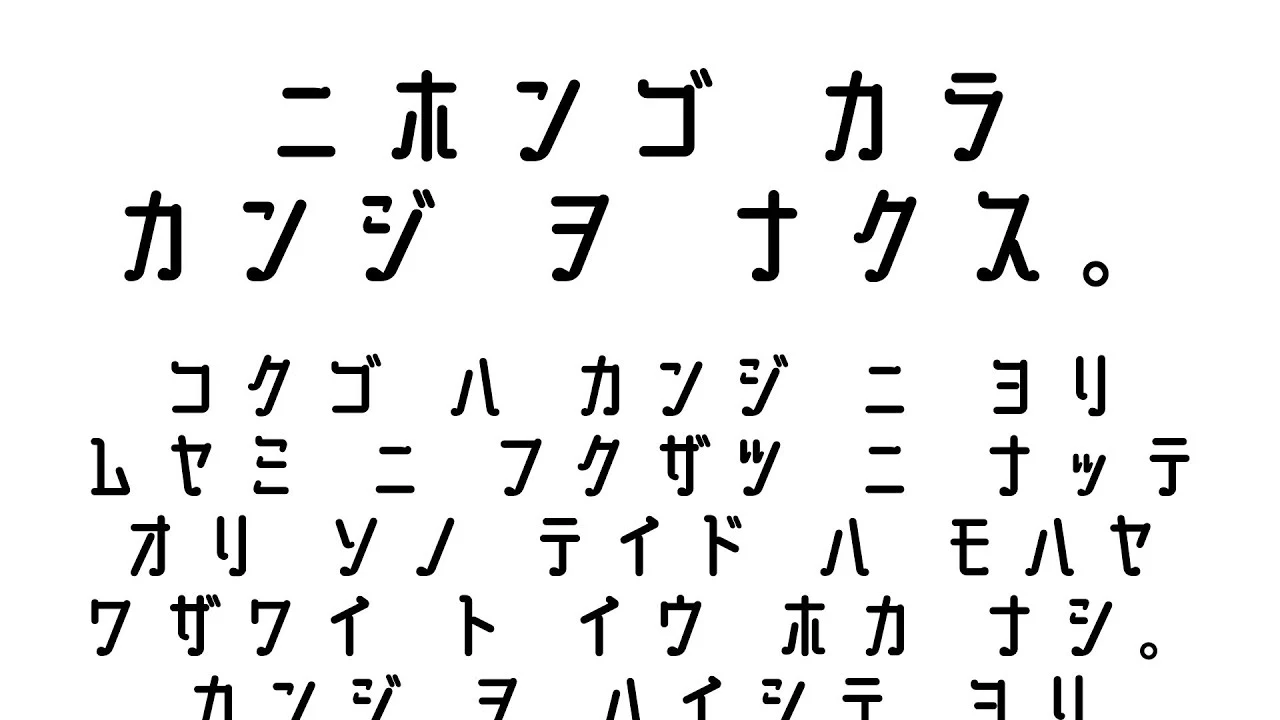
Professional audio engineer, specialized in DSP and audio programming. I love digital synths and European renaissance music. I also speak several languages, hit me up if you’re into any of that!
- 15 Posts
- 7 Comments


I started because I was super into Japanese music. This was almost 10 years ago already. But over time I’ve come to appreciate the lenguaje itself. Especially Kanji. Now I love it, and is the main reason why I still go out of my way to learn new vocabulary that I may never use.
That being said, I’m also trying to get into a Japanese university for my masters degree, and I use Japanese every day at my job, so it has financial and professional uses for me as well, and has sort of gone beyond a mere hobby at this point


Assuming English is your native language:
Pronunciation is a majorly difficult thing for most native English speakers. I know people look at Japanese vowels and consonants and think “wow, only 5 vowels and a limited set of consonants and combinations, this is super easy!” And I guess it is easier than… Russian, Hungarian or French. But that doesn’t mean it’s easy.
But that’s mostly because they’re thinking of the “a” sound in English and the “o” sound, and so on. In reality, Japanese vowels are so radically different from English vowels, the vast majority of learners are going to completely butcher their pronunciation. You have to learn how to simplify all of them to their real sounds, because English vowels are usually rather complex, while Japanese are more similar to Spanish vowels. You also have to get rid of the plosives, which are also a dead giveaway when someone is a native English speaker.
As for what makes Japanese easier than others… hmm… well, not a lot, actually. I guess tenses and verb conjugations are considerably simpler than most Romance languages, for example. There are no gendered nouns but you have Kanji which is far more time consuming to memorise, and grammar structure and logic is usually completely different from English, and you’ll have to learn how to think differently to get your head around many concepts. This happens with most languages but even more so with Japanese.
So uh… the only thing that I think makes Japanese easier is that it’s arguably one of the most studied, documented and resource-rich languages to learn. There are millions of resources focusing on efficient and thorough study methodologies, as well as a lot of very popular media, books, TV shows, you name it. Cultural relevance is, in my opinion, Japanese’s biggest advantage, which is only rivalled by Spanish in the United States, or perhaps (I honestly have no clue but I’m guessing) French in the UK.
I think ChatGPT works fine for reviewing your text. It will usually manage to point out the bits that sound wrong or inaccurate in your text, and it’s surprisingly precise at doing it.
However, as everybody else pointed out, don’t expect accurate or well-researched answers from it, and take any grammatical or nuanced statements with a mountain of salt, because it’s highly likely that it’s completely wrong.
But I’ve also asked ChatGPT to proofread and adjust my emails for coworkers and clients, and to make sure they sound formal and are respectful enough, and I’ve found it to be very good at this. But I would suggest knowing enough Japanese to be able to fix anything that sounds off or is lost in translation.
I wouldn’t recommend it as a tool for beginners, but I definitely encourage advanced learners to give it a shot, since it really does improve, summarise and rephrase texts successfully a lot of the time.
I don’t remember where I read this first, but I liked this quote:
What’s so confusing about AI is that it’s good at things you wouldn’t expect it to, and it’s terrible at tasks that are stereotypically machine-like. Fact checking? Sourcing? Citations? It’s awful. But writing human-like text? Proofreading? Maintaining natural conversations? It’s awesome at that.






おお!すごい!6月から勉強していますか!頑張って!